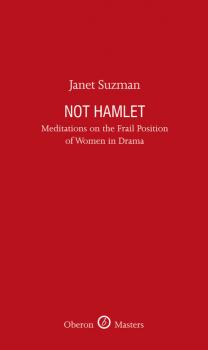Janet Suzman
Список книг автора Janet SuzmanNot Hamlet
Shakespeare’s Cleopatra, La Pucelle, Ophelia, Shaw’s St Joan and Ibsen’s Hedda – a handful of ‘seminal’ roles for women in the classical canon. Janet Suzman has played them all and directed some. Here she examines their complexity and explores why only Cleopatra has an independence that allows her to speak to modern women. None of these, regrettably, matches up to a Hamlet, but as she is grateful for the parts he did write, Suzman feels a lightly-barbed attack on those who work in theatre and doubt Shakespeare’s authorship is way overdue. She also takes issue with received ideas on boy actors playing mature women in Shakespeare’s company, and refl ects on how female characters in classical drama have not been on a level with their male counterparts. Today, on TV, fi lm and the stage, this remains the case. Not Hamlet but Hamlette, please.
The Free State: A South African Response to Chekhov's The Cherry Orchard
This powerful version of Chekhov’s famous drama reflects the South African phenomenon of the 1990s. With the hindsight of the new millennium we can look back and see that the miracle did happen. The new order did take over from the old. The fruitless cherry orchard was chopped down. The old men who couldn't move with the times have been left behind and forgotten. Chekhov's great pre-revolutionary drama, dreaming of youthful energy replacing the worn-out inertia of a dying world, lends itself vividly to this new setting in post-revolutionary South Africa.

